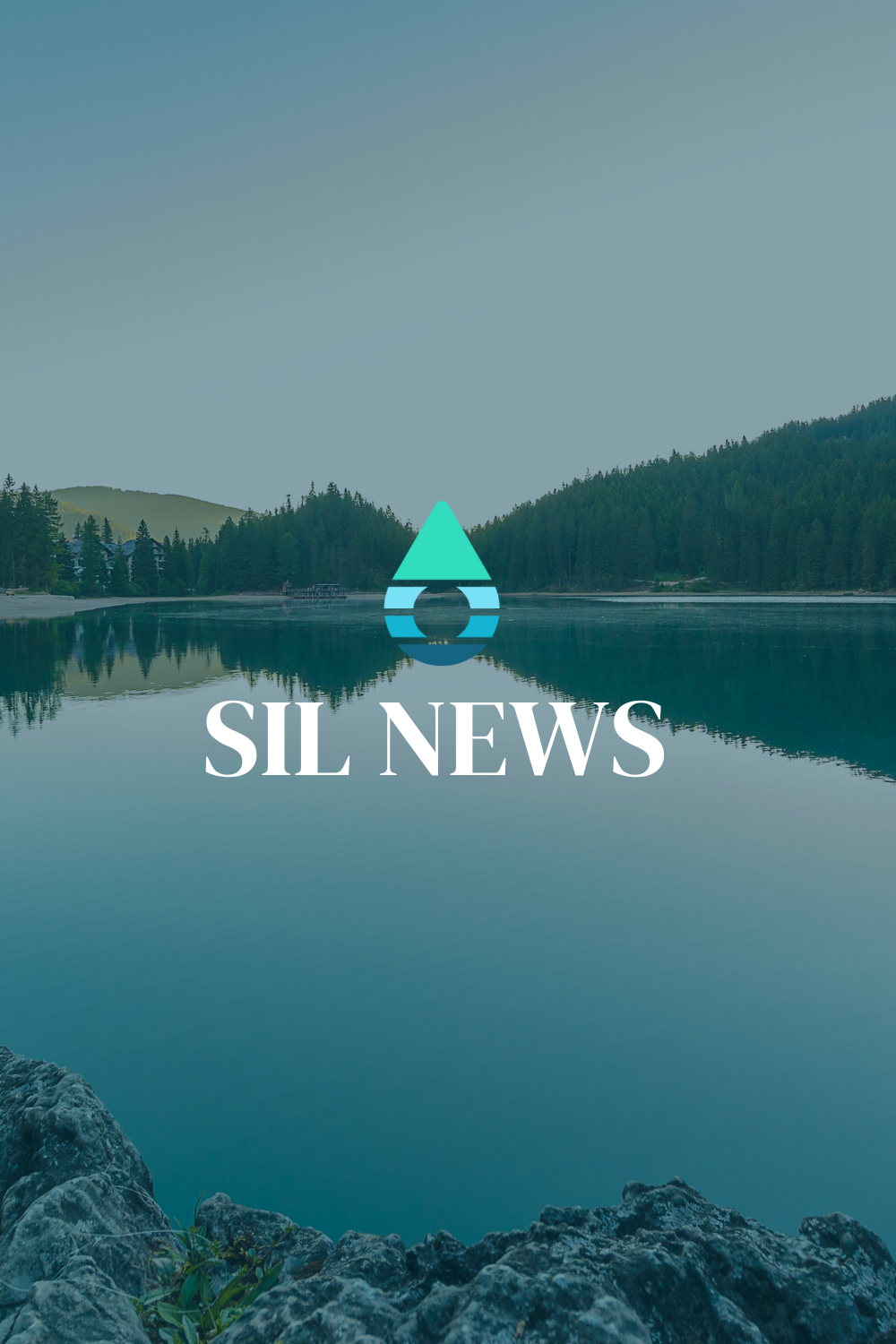May 1998
Contents
The 75th Anniversary of SIL >>>
Reports from SIL Working Groups >>>
A Center for Tropical Reservoir Fisheries and Limnology >>>
An invitation to visit the Biological Station Lunz >>>
Information on environmentally sound technologies >>>
SILNEWS on the Internet: a sign of the times
How many of you noticed SILNEWS 24 on the Internet some weeks before the paper copy arrived on your desk? This minor miracle was achieved by Dr L. Gordon Goldsborough, Director of the University Field Station (Delta Marsh), University of Manitoba (ggoldsb@cc.umanitoba.ca) and has brought SIL into line with most other organisations with a presence on the Internet.
SILNEWS 24 was a good issue with which to illustrate the power of the internet since it included a number of web and e-mail addresses in the text. All these addresses were made “live” so that a click enables you to send a message to a colleague or visit a web site such as those listed for the Dublin congress and travel information for Ireland. I hope many of you have already discovered this but if you have not, please try it. The SIL home page address is https://www.limnology.org. Your comments will be welcome. This issue of SILNEWS will be sent to Dr Goldsborough for the web site as soon as it is ready. I am most grateful to Dr Goldsborough for undertaking this task and I hope it will not only provide a service to members but also attract new members to SIL.
Because the specialised interests of individual SIL members cover such a very wide range within the general field of limnology, I have often felt that our society lacks cohesion except during its triennial congresses. Our presence on the Internet should facilitate interchange with other organisations and perhaps make more members feel that they can belong not only to the community of, for example, diatomists, fishery scientists or palaeo-limnologists, but also to a wider community of limnologists. This would allow the feeling of community generated by each congress to expand into the gaps between and also embrace those members who cannot attend the congresses. This major step forward into the future makes this a good time to hand on SILNEWS to a new editor.
I strongly believe that science flourishes when colleagues are also friends. I am lucky to have many close friends among the members of SIL. Most of us first met when the freshwater section of the International Biological Programme (1967-72) organised a number of regional meetings which, with attendance at the SIL congresses, meant that we met together quite frequently over a period of about five years. As a consequence, SIL congresses are full of reunions with friends as well as scientific updating. We hope that younger limnologists can gain in this way from our international membership and that E-mail and the internet will make it easier for them to keep in touch between congresses.
Mary Burgis
Editor
Prize for Tropical Limnology | 2e Prix de Limnologie tropicale
In 1992 the Belgian Royal Academy of Overseas Sciences set up a Fund in order to reward with a prize named the “Jean-Jacques and Berthe Symoens Prize for Tropical Limnology” a memoir of great scientific value, unpublished or published for less than 4 years, written in English, French, Spanish or Dutch, on a subject related to tropical limnology. The prize amounts to 100,000 BEF (about 2400 US$) and is awarded every three years. It will be awarded for the second time in 1999. Five copies of the memoirs submitted should be sent before 1 February 1999 to the: Royal Academy of Overseas Sciences, Rue Defacqz 1 boîte 3, B 1000 Brussels, Belgium.
En 1992 l’Académie royale des Sciences d’Outre-Mer de Belgique a créé un Fonds destiné à récompenser par un prix dit “Prix Jean-Jacques et Berthe Symoens de Limnologie tropicale” un mémoire de haute valeur scientifique, inédit ou publié depuis moins de 4 ans, rédigé en français, en anglais, en espagnol ou en néerlandais, sur un sujet relevant de la limnologie tropicale. Le prix est d’un montant de 100 000 F belges (environ 2400 dollars US) et est attribué tous les trois ans. Il sera attribué pour la deuxième fois en 1999. Les mémoires présentés devront parvenir en cinq exemplaires avant le 1er février 1999 à: L’Académie royale des Sciences d’Outre-Mer, Rue Defacqz 1, boîte 3, B-1000 Bruxelles, Belgique.
Ireland on the Internet
Information for the SIL98 Congress in Dublin, Ireland: http://nis.rtc-tallaght.ie/conferences/sil98.home/sil98.html
The Irish Tourist Board (Bord Failte) at: http://ireland.travel.ie/ >>>
Irish Tourist Board International Office Network: http://www.iol.ie/~discover/itb.htm >>>
The Irish Times – Live: http://www.irish-times.com/irish-times/live/index.htm
An Interactive Travel Guide: http://www.iol.ie/~discover/welcome3.htm >>>
Irish dining establishments at: http://shaw.iol.ie/~discover/restaur.htm
Wetlands – the last word
Dr Jose Furtado has written to say:
“I fully share with the sentiments expressed by many that limnologists have been scarce in the work on wetlands. This may have arisen partly from the fact that much of the recent wetlands initiatives came from ornithologists and the funds they could muster.
In the work I see here on wetlands and water resources, limnologists are scarce. It is important for applied limnologists to work with other disciplines in these areas, especially economists and sociologists, since much of the policy initiatives for conservation and development and biodiversity are coming from these areas.”
Jose Ireneu dos Remedios Furtado
Economic Development Institute
The World Bank, Washington DC
E-mail: jfurtado@worldbank.org
(This topic is now closed. Editor)
Hydrobiology in Poland
A useful directory of 733 individuals and 97 institutions actively involved in research and teaching in hydrobiology. Published by the Hydrobiological Society of Poland – the 4th edition, 1997.
A limited number of copies are available free to interested colleagues, from: Jan Igor Rybak, Dept. of Hydrobiology, University of Warsaw, Poland. E-mail: Igor@hydro.biol.uw.edu.pl
